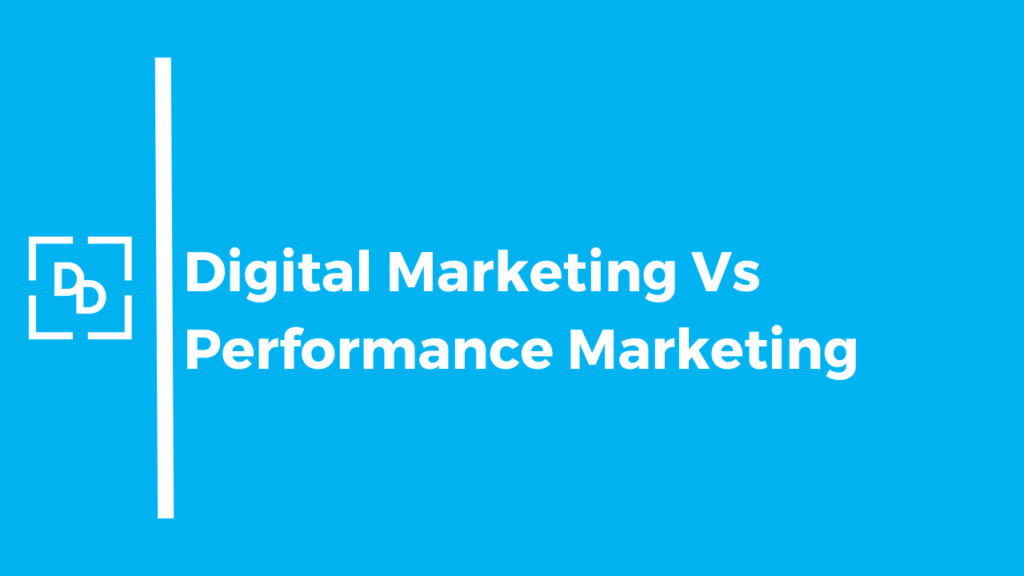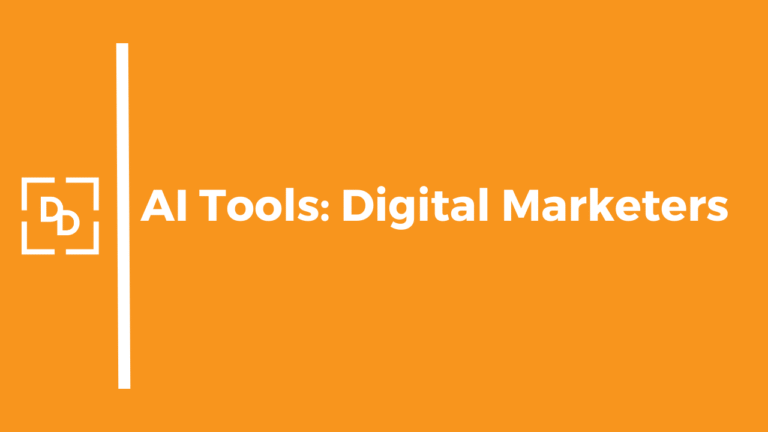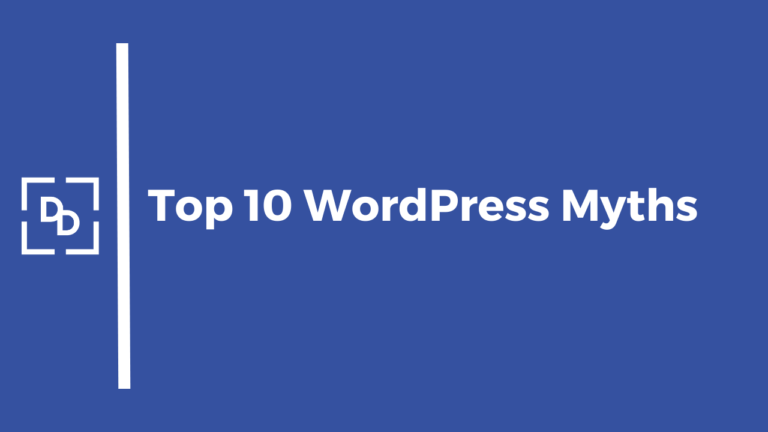Table of Contents
Highlights
Performance marketing focuses on measurable outcomes and quick results. This is great for businesses that want fast returns on investment.
On the other hand, digital marketing targets larger goals. It prioritizes long-term efforts like building brand awareness and creating strong customer relationships.
Digital marketing uses many strategies. These include content, social media, SEO, and email, while performance marketing focuses more on tactics like PPC and affiliate marketing.
It’s important to understand the unique strengths of each method. Performance marketing often works best when included in a wider digital marketing plan.
By smartly mixing both methods, businesses can reach the right audience with the right message at the right time. This helps them maximize impact and achieve both quick and long-term goals.
Check out our Google Ads course designed for beginners & seasoned professionals
Introduction
As a Digital Marketing Agency, we often see brands & businesses confuse Digital Marketing with Performance Marketing. They are related but have different goals, ways to measure success, and impacts on a brand’s growth.
This blog will explain how these two areas work together. It will give businesses the knowledge they need to manage online marketing in a rapidly changing world.
Understanding Digital Marketing
Digital Marketing is a big part of online marketing today. It shows how brands connect with customers. Think of it as a digital hello. It invites customers and starts a talk, all in one smart plan. This means making fun and interesting content for websites. It also involves getting people to join in on social media platforms like Instagram and Facebook. Digital marketing helps shape a brand’s online presence.
Digital Marketing includes strategies like:
- Content Marketing
- Social Media Marketing
- Pay Per Click (PPC) Advertising
- Email Marketing
- Search Engine Optimization (SEO)
- Influencer Marketing
- Affiliate Marketing
By using these tools, businesses can create brand awareness, reach new customers, and boost sales. Digital marketing aims to build relationships and gain trust. It also focuses on making a strong online presence that connects with target audiences.
Check out all our blogs on Google Ads & stay updated
What is Performance Marketing?
Performance Marketing is a subset of Digital Marketing that focuses on measurable results.
Advertisers only pay when a specific actions occur, like sale, download, click, lead etc
Here are some common channels in Performance Marketing:
- Paid Social Ads (Meta, TikTok, Snapchat, Linkedin)
- Google Ads (Display, Search, PMax, Video)
- Programmatic Advertising
- Affiliate Marketing
Here are key metrics in Performance Marketing
- Cost Per Click (CPC)
- Cost Per Acquisition (CPA)
- Return on Ad Spend (ROAS)
- Click Through Rate (CTR)
- Conversion Rate
By weighing these points carefully against each other along with knowing each campaign type’s strengths inside-out ensures picking one that not only meets but exceeds both goals and expectations related directly towards engaging effectively within any given target audience.
Digital Marketing Vs. Performance Marketing
When Should You Use Digital Marketing
Here are the ideal scenarios:
- Building a brand/Brand awareness
- Publishing content
- SEO strategy
- Increasing long-term customer loyalty
- Educating an audience
Best Practices:
- Consistently investing in Content Creation
- Focus on organic growth channels
- Use data to refine messaging over time
When Should You Use Performance Marketing
Here are the ideal scenarios:
- Driving sales or leads
- Promoting tactical offers or seasonal campaigns
- Launching new products with clear KPI’s
- Testing new markets with smaller budgets
Best Practices:
- A/B test ad creatives & formats
- Allocate budgets based on ROI
- Optimize based on real-time
PROS & CONS
Here is a handy comparison of the Pros & Cons of Digital Vs. Performance Marketing
Digital Marketing:
Pros:
- Builds trust & credibility
- Supports long-term brand equity
- Allows for story telling
Cons:
- Slower to show ROI
- Difficult to attribute Conversions directly
Performance Marketing:
Pros:
- Measurable & trackable
- Scalable & ROI focused
- Easy to test & optimize
Cons:
- Intense competition in ad space
- Dependent on platform algorithm
- Cab ne expensive if poorly managed
Conclusion
To summarize, there is no one-size-fits-all answer. Your choice ultimately depends on your:
- business goals
- timeline
- budget
- internal resources
If you are building a brand for a long haul, start with Digital Marketing.
While, if you are looking for faster results & have a clear market fit and an established product/service, then Performance Marketing can accelerate your goal.
But the real magic happens when both strategies work together – building trust while delivering results.
If you want us to set up your Digital Marketing eco-system or looking to scale your Performance Marketing, reach out to us by filling up this form.
Subscribe to our Newsletter to stay updated on all news related to this topic. If you have any questions, email us at mail@digital-doorway.com
Need Help?
Interested in scaling your business or get started in Digital Marketing?






